The Cardiovascular Research Unit, together with Strait Access Technologies, houses an extensive infrastructure dedicated towards the research and development of prototype cardiovascular devices.
CARDIOVASCULAR RESEARCH UNIT
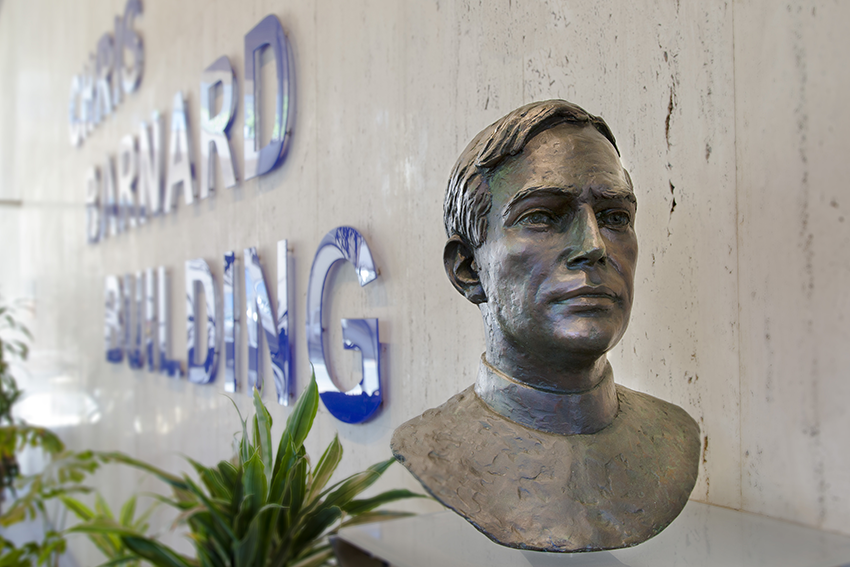

SURGICAL SUITE
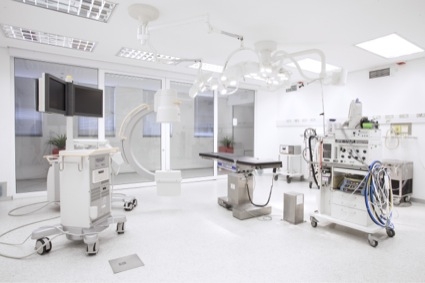
This suite comprises two modern operating theatres and associated utility rooms. Equipment includes a C-arm fluoroscopy unit, ultrasound, cardiopulmonary bypass pumps, cell saver, anaesthetic machines and monitoring equipment. This facility is in constant use but, although not a core structure of the University, this facility is utilised by other surgical departments.
HIGH POWER MICROSCOPY
Scanning Electron Microscopes
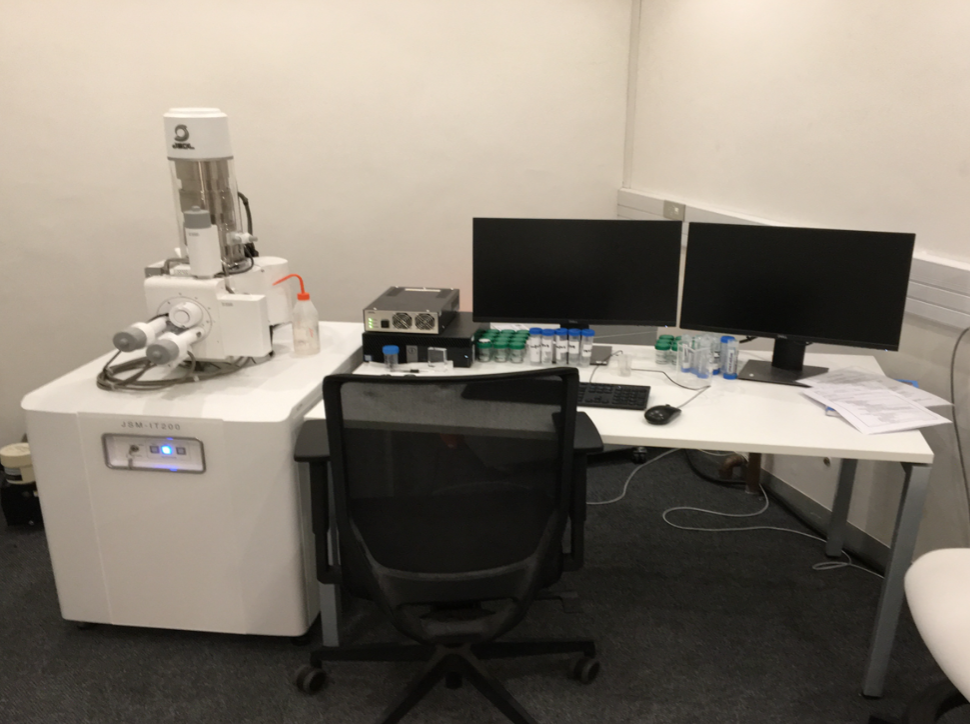
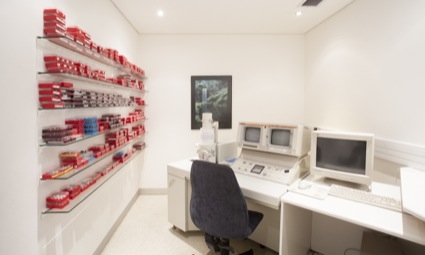
Confocal, Inverted and Fluorescent Microscopes
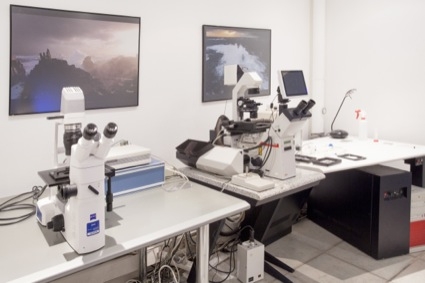
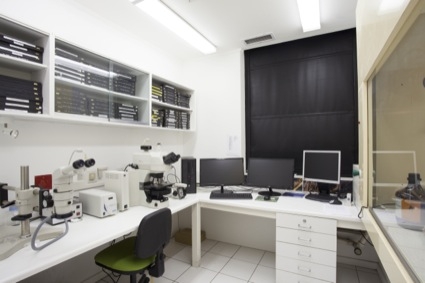
The Division relies heavily on morphological analysis, both of clinical valves and R&D devices. Equipment includes environmental and conventional scanning electron microscopes, transmission electron microscope and laser confocal microscope.
HISTOLOGY SUITE
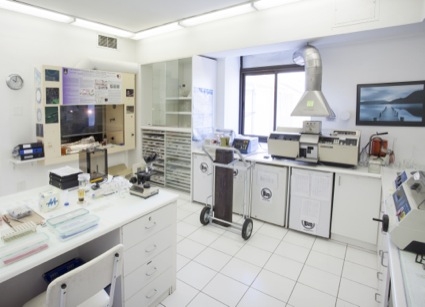
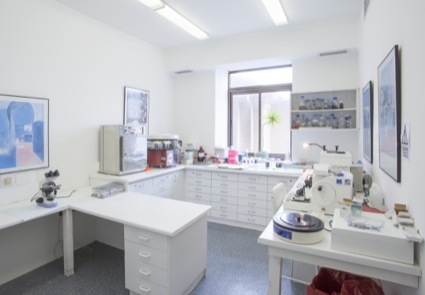
All histological processing is performed in-house, including wax and resin embedding. Both conventional histochemical stains (standard and special) and multi-channel immunofluorescent stains are routine.
BIOMATERIALS RESEARCH, REGENERATIVE MEDICINE AND PATHOBIOLOGY LABORATORIES
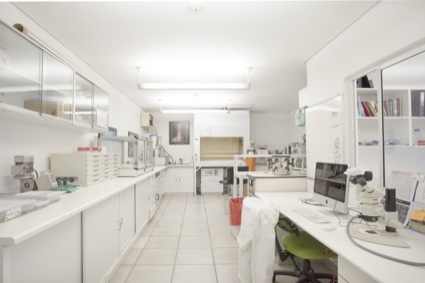
Biomaterials Laboratory
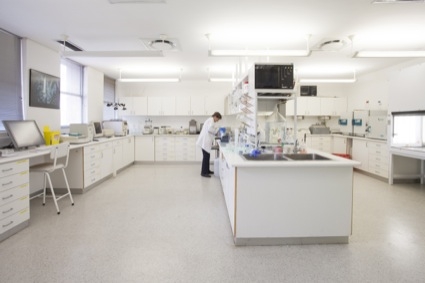
Pathobiology Laboratory
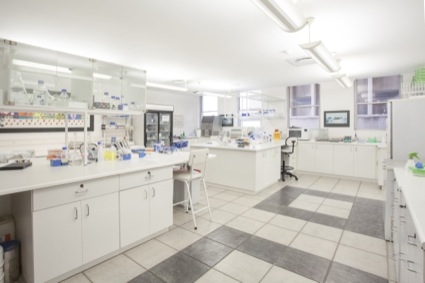
Regenerative Medicine Laboratory
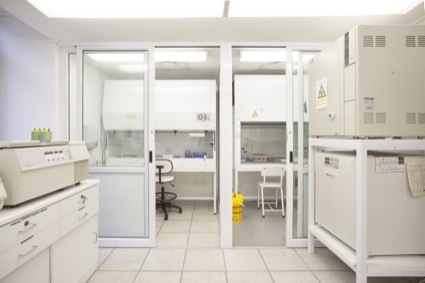
Cell Culture Laboratory
The core groups of the Cardiovascular Research Unit, allowing for cardiovascular device prototype manufacture, including polymer derivation, porogen-based vascular graft scaffolds, smart hydrogel synthesis, cell culture, bioprosthetic valve manufacture, ELISA, electrophoresis and 2D Western blotting, HPLC and low pressure chromatography.
CONFERENCING FACILITIES
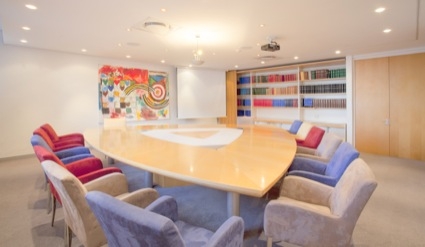
Board Room
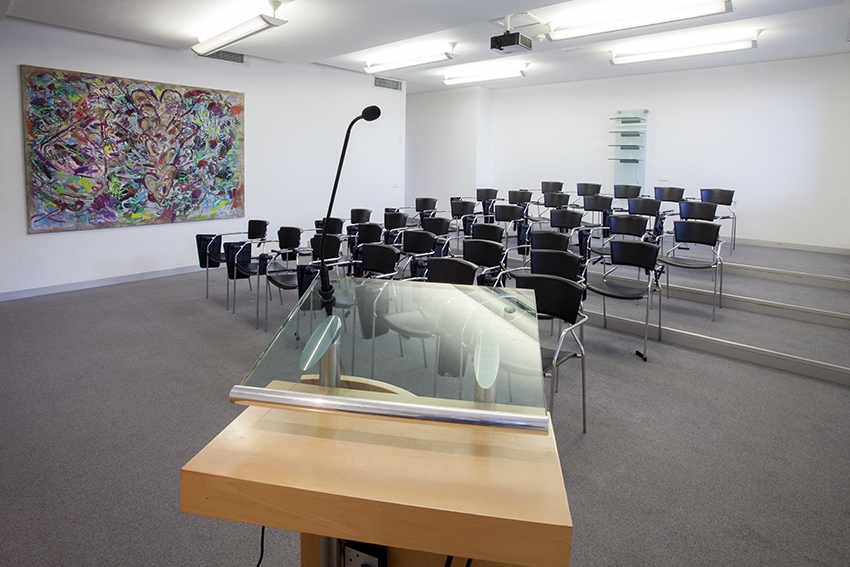
Lecture Theatre
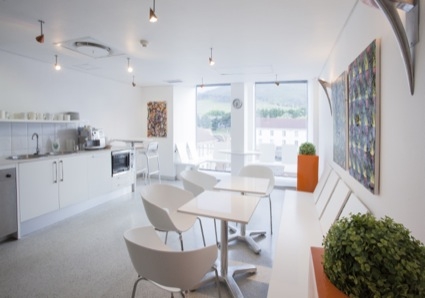
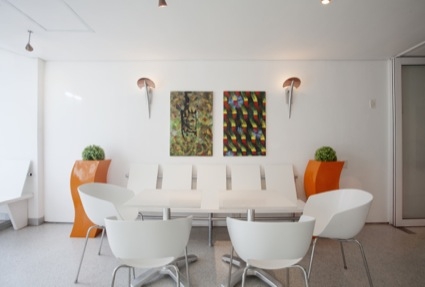
Recreation Room
Modern conference and board rooms with linked audiovisual equipment as well as a more informal recreation room for smaller groups.
STRAIT ACCESS TECHNOLOGIES
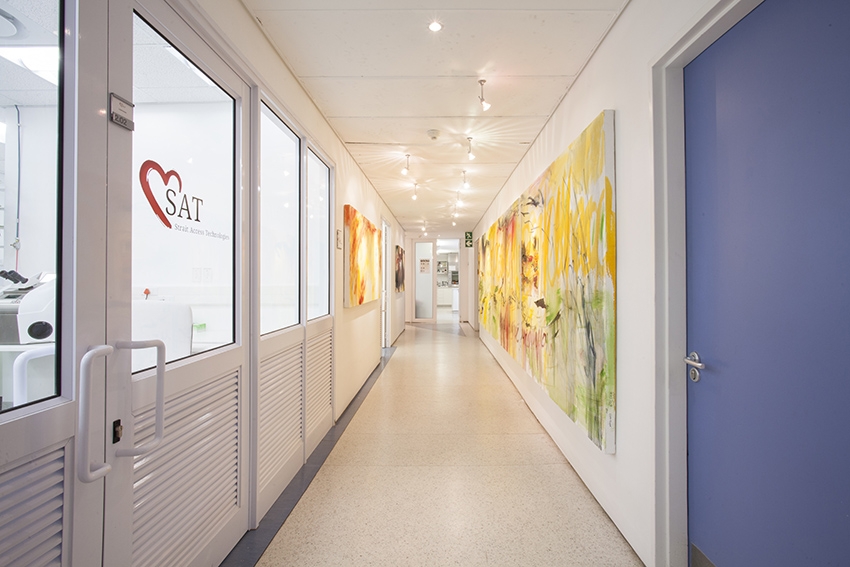
SAT Laboratories
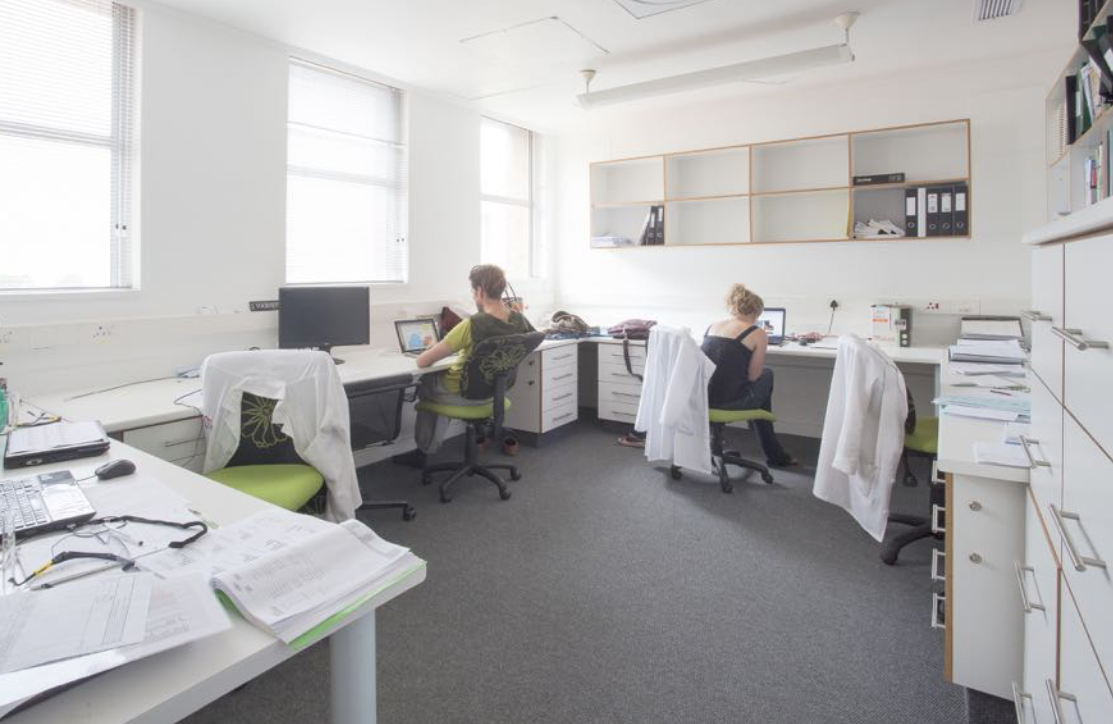
Student Office

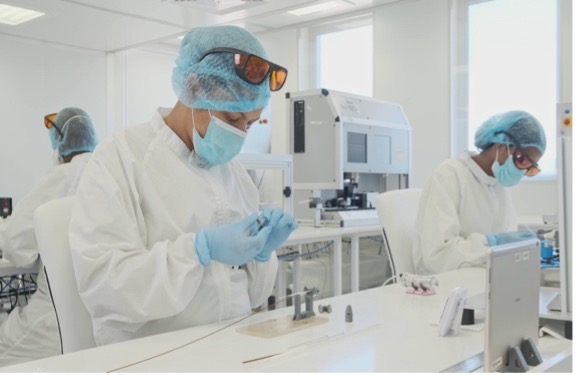
Clean Room
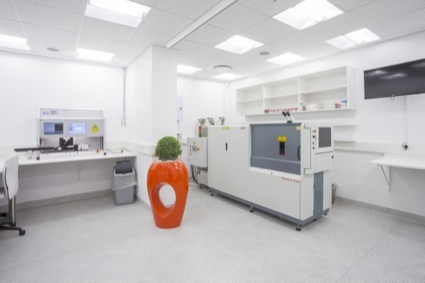
Laser Laboratory
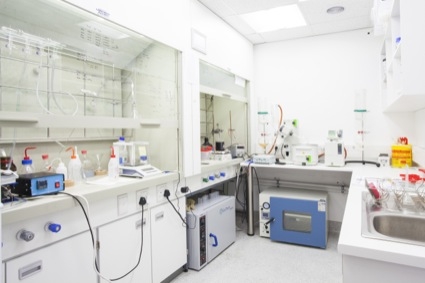
Polymer Synthesis Laboratory
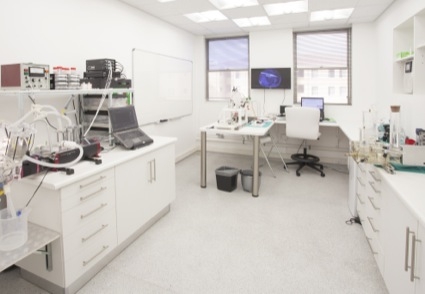
The spin-off company, Strait Access Technologies is primarily involved in development of transapical/transcatheter valve devices, both pericardial- and polymer-based. Relying heavily on mechanical engineering approaches, the group relies on 3D printing, laser cutting of valve stents and valve spraying technologies.